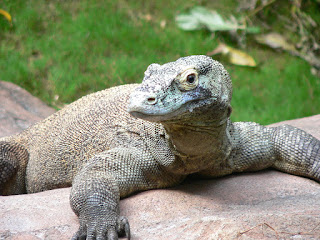Cardiac Arrest

The heart has an internal electrical system that controls the rhythm of the heartbeat. Problems can cause abnormal heart rhythms, called arrhythmias . There are many types of arrhythmia. During an arrhythmia, the heart can beat too fast, too slow, or it can stop beating. Sudden cardiac arrest (SCA) occurs when the heart develops an arrhythmia that causes it to stop beating. This is different than a heart attack , where the heart usually continues to beat but blood flow to the heart is blocked. There are many possible causes of SCA. They include coronary heart disease, physical stress, and some inherited disorders. Sometimes there is no known cause for the SCA. Without medical attention, the person will die within a few minutes. People are less likely to die if they have early defibrillation. Defibrillation sends an electric shock to restore the heart rhythm to normal. You should give cardiopulmonary resuscitation ( CPR ) to a person having SCA until defibrillation can ...
